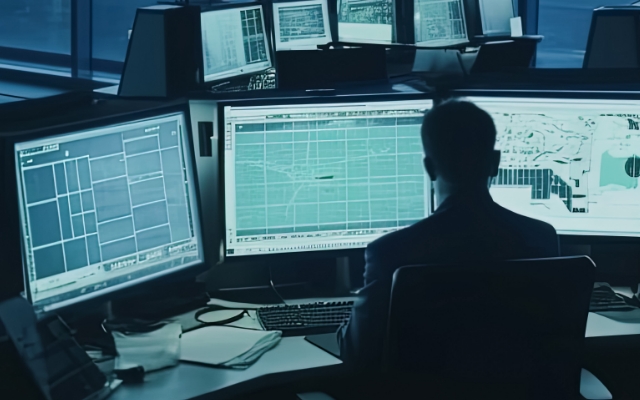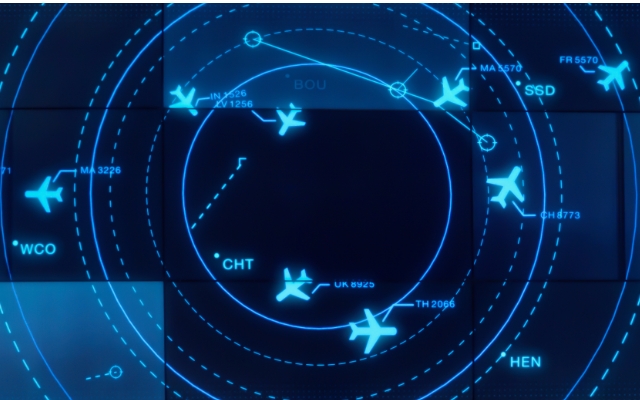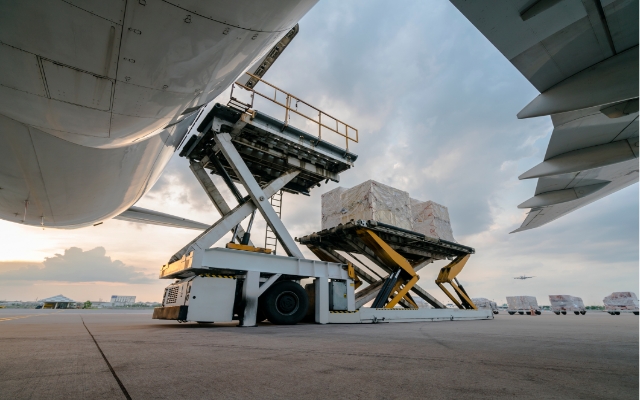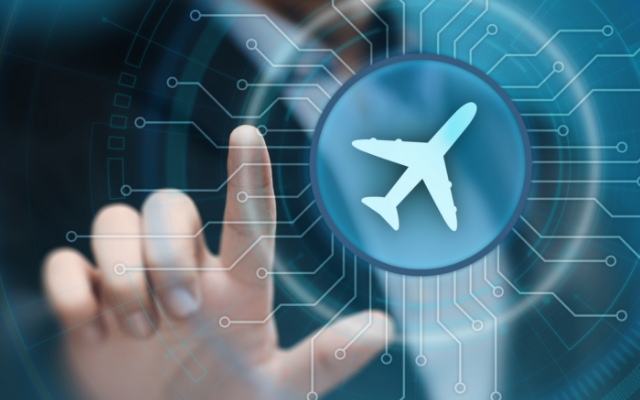Session 1. Airport: Technology Evolution
Technology evolution is vital to airport development. Many airports have benefited from successfully adopting digital technologies. The COVID-19 pandemic has motivated all airports to accelerate the pace of technology innovation and adoption, particularly in data analytics and unmanned operations. Technology applications important for airport operations include security, passenger experience, and airport management.

Session 2. Efficient Air Traffic
Scientific research has always been the backbone of aviation. Currently, aviation research communities are well established with frequent international communications and scientific exchange, which facilitate further advancement. Although severely impacted by the pandemic, air transport is still the most viable option in international travel and express shipment. The research community has also actively provided insights and solutions for recovery from the pandemic. With support from regulating authorities and the industry, the research community would be able to facilitate the resumption of air travel. The expanding scope of academic studies encompasses a wide range of applications such as aircraft maintenance, aircraft design, airport operations, environmental impacts, and policy. These studies will help maintain the development of Hong Kong’s aviation industry.

Session 3. Sustainable Aviation
As the aviation industry continues to grow, both through increasing passenger movement and cargo transportation, sustainable development has become a key concern of global stakeholders. The aviation industry has impacted the environment due to its fuel usage, carbon emissions, and noise pollution, among others. As a result, there has been an increasing demand for efficient assessment models and sustainable solutions to address such challenges. According to the International Council on Clean Transportation (ICCT), in 2019, passenger and cargo flights worldwide emitted 918 million tons of carbon dioxide. Crucial technologies to address this problem include sustainable aviation fuels, solar energy, and electric vehicles.

Session 4. Intelligent Logistics
Air logistics also comprises a considerable proportion of the global value chain. The value of air cargo accounts for US$6 trillion, or 35% of global trade by value, though it accounts for only 1% of total global trade volume. Today, while air cargo logistics can be managed in real-time and meet clients’ needs in a relatively cost-effective manner, it remains vulnerable to uncertainties and disruptions caused by extreme weather, cyber-hacking, and geopolitical issues such as Sino-US conflicts and trade protectionism. Under these turbulent circumstances, aviation needs a more resilient, efficient, and smarter air cargo logistics system.

Session 5. Aviation Technology Sharing to Other Areas
Aviation-related technologies that spill over to other industries could contribute to resolving bottlenecks and other issues. Advanced unmanned aerial drone technologies have the broadest application potential because of their flexibility and portability, which could be utilized by many government departments and industries. Aerodynamics and aeroacoustics are also important aspects of aviation science and technology with applicability to other industries.

Session 6. Web 3.0 and Future Business Opportunities in Aviation
Web 3.0 is possibly the next iteration of the World Wide Web, which prioritizes decentralization and open-source development based on blockchain technologies, as well as AI and machine learning. The aviation industry could also incorporate metaverse applications.
